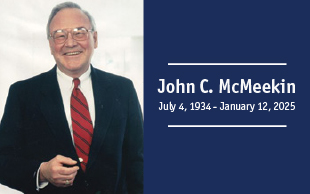In the Summer 2008 issue of Directions, we reported on Rachel Kirzner’s and Joel Tumberello’s workshop, “Hidden Wounds: Using In-Depth Assessments of Disabled Long-Term TANF Recipients to Inform Policy and Programs,” at the 11th Annual ACF/OPRE Welfare Research and Evaluation Conference. Now their presentation, along with others from various states, is available as an online resource for welfare-to-work programs via the Welfare Peer Technical Assistance Network. Kirzner serves as program director, and Tumberello as nurse practitioner supervisor, for PHMC’s Maximizing Participation Project (MPP), an initiative designed to reduce the number of families who receive benefits from Temporary Assistance for Needy Families (TANF).
The Welfare Peer TA Network gives MPP and similar agencies the opportunity to share best practices. “The model we’ve developed for Philadelphia is unique,” says Kirzner. “We’ve received a lot of interest from our peers.” MPP employs a two-part approach that differentiates it from others. In addition to case management, MPP conducts home assessments carried out by nurse practitioners and licensed social workers. It also refers to traditional providers for assessments as needed. “We cater to our clients in their homes with a well organized system and a database,” says clinical supervisor Jodi Houlon, “since many of our clients have multiple, complicated issues and are unable to come to us or even leave their homes.”
PHMC programmers developed the database and customized it for MPP in collaboration with Kirzner. “If you have an idea for a good program, there’s always support and encouragement at PHMC,” says Kirzner. “A place like PHMC has the resources to spread that idea further.”
To learn more about the Welfare Peer TA Network, visit peerta.acf.hhs.gov





